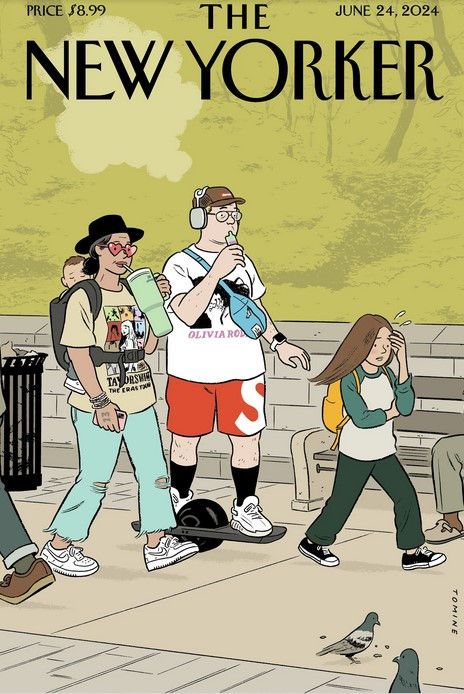From Luck to Cowboy Poster
- Territorios Baldíos

- Aug 7, 2024
- 3 min read
Dario Fritz

The question anticipated about death. “Did it happen to you? See the light go out in his eyes?” “You get used to it,” was the response. At the track in Santa Ana, California, the mare “Flag” had broken her left hand. Nothing to do for her. The conversation between the two jockeys gave birth to a dramatic moment in Luck , the cinematic fiction of the hidden world behind horse betting, starring among others Dustin Hoffman, Nick Nolte and Dennis Farina, which I was unaware of at the time of filming in 2011. , a parallel world somewhat far away, in Texas, Kentucky and Oklahoma, related to reality. Someone had their eye on multimillion-dollar horse purchases and a gambler was walking away with prizes in millions of dollars. The light in the real world was beginning to come in for some and go out for others. Money was being laundered, it was the correct hypothesis. Elucidating it was the great challenge.
A story with similarities, unthinkable and exuberant in glamour, was developing between the fiction of California and the real times of the three states. If “Flag” died on the track, “Tempting Dash”, a slow and unstarred horse, triumphed in 2009 at the Kentucky racecourse. As is often the case, empathy with the place and the history leads to the best choices. Scott Lawson, a rookie FBI agent, born in the country, loving horses, was the best prospect to intuit what was there. The money route explained everything to him three years later - Luck was then ending its first and only season, without much audience shine - and he was able to demonstrate before a grand jury in Houston that three already well-known brothers, named Treviño (José, Omar and Miguel Ángel), had made the millionaire game of horse racing a big business to make the illegal money of organized crime transparent.
Dan Johnstone and Castor Fernandez, the directors of “ Cowboy Cartel”, the AppleTV documentary that tells the story of Lawson, could have put Luck 's excellent music or the similarities of how corruption is done on racetracks, and it could well be about the same. The main difference is in its protagonists, the leaders of Los Zetas, who were nothing like gambling experts like Ace Bernstein (Hoffman) with light eyes and banker's suits.
If by the last decade of the last century, in places like Matamoros, people bet on horse races inside the state prison , and the members of the Gulf Cartel - Los Zetas were their armed wing in principle - even hid inside to avoid rivals and authorities, his heirs, the Treviño brothers, made of this business in the American South the sophistication of accounting networks and circulation of millions in bank accounts, where there was no shortage of front men - in the case of Bernstein, his driver -, extorted businessmen and ties with the Mexican political and police power.
Cowboy Cartel shows in an intertwined work of intelligence agencies -FBI, DEA and the Department of the Treasury- and the investigative contribution of journalism -knowledge of the story by the NYT forced the arrests to be brought forward- how investigations achieve their success if they are It hits where it hurts most: money. Its great success is in not falling into the complacent drift towards the victims and the effective description of the terrifying violence in Mexico . Focused on tracking financial operations, the investigation bore fruit, almost a billion dollars in money and assets of the Trevinos ended up in the US treasury. Something like that that you want to replicate south of the Rio Grande?
Charles Bukowski , who knew a lot about gambling, wrote a few years before these stories that “the racetrack sucks your brain and spirit... Nobody wins, in the end; We do nothing more than seek a postponement, to shelter for a moment from the glare.” From the outside, we already know what not to bet on.
@DarioFritz







Comments